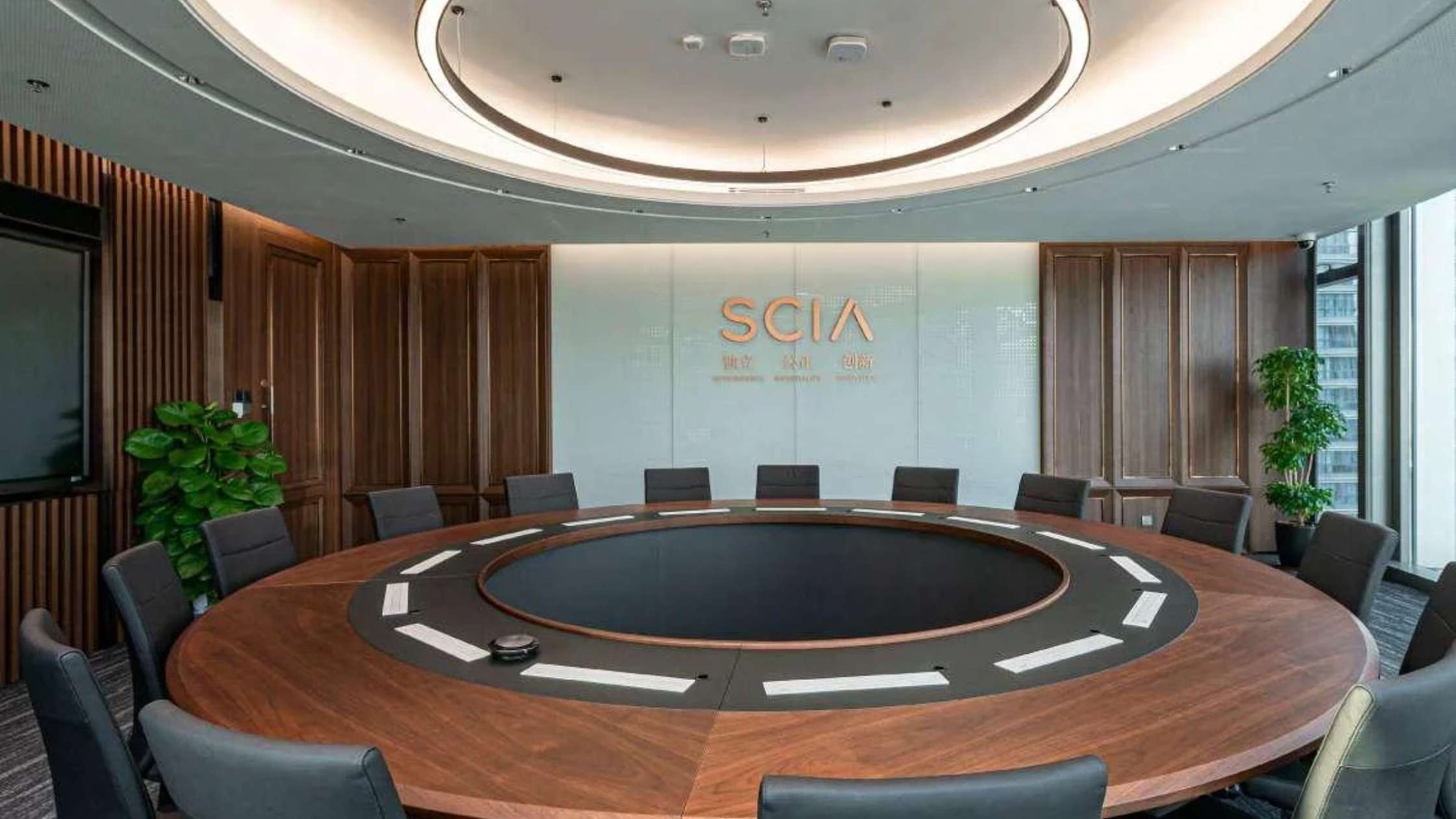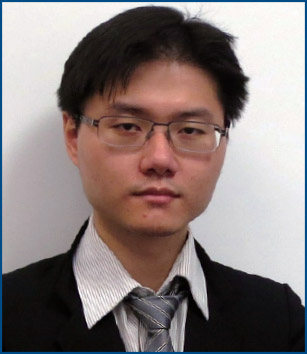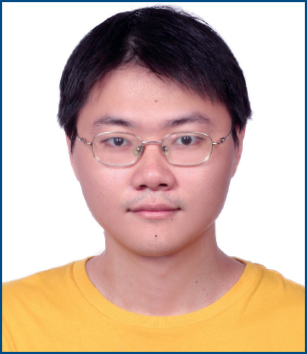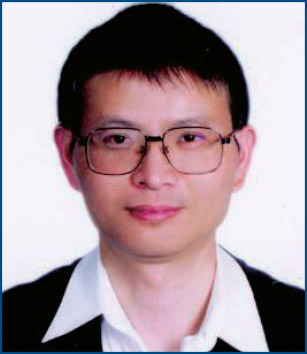January 12, 2024
Author: JIANG Fengwen, Zou Yongzhong, Joseph LI Beijing Chancebridge Law Office January 12th, 2024 On December 29, 2023, the latest revision of the Company Law of the People’s Republic of China, which has attracted wide attention, was finally adopted and promulgated by the Seventh Session of the Standing Committee of the National People’s Congress, with the effective date on July 1, 2024 (hereinafter referred to as the new “Company Law”). This is the sixth amendment to the current Company Act since its enactment on December 29, 1993. Previously, the Company Law underwent amendments to partial provisions in 1999 and 2004, a comprehensive revision in 2005, and two important amendments to issues related to the company’s capital system in 2013 and 2018. Usually, a draft law is submitted to the vote after deliberation at three meetings of the Standing Committee of the National People’s Congress, but this time the Standing Committee of the National People’s Congress made an exception to the Company Law, having taken nearly five years and four cumulative reviews and deliberations before being adopted by a vote, from the establishment of a drafting group for the revision of the Company Law by the Legislative Affairs Committee of the National People’s Congress in early 2019. This has demonstrated its extraordinary importance and the fact that certain provisions had been clearly contested during the review process. This Sixth Amendment is the most significant and most comprehensive amendment based on the basic framework and system of the current Company Law. In the most comprehensive and profound revision, 16 sections in the current Company Law were deleted, 228 articles were added... December 25, 2023
Taiwan Introduces the Accelerated Design Patent Examination Pilot Program The Taiwan Intellectual Property Office (TIPO) has introduced their Accelerated Design Patent Examination Pilot Program to provide a more flexible examination process for design patent applications. Following are some of the conditions for applicants to be aware of: Applicants shall provide documents to show that a third party has used the design commercially backed up by a timeline and third party details. The applicant should submit evidence such as product catalogs, newspapers or magazines. Applicants who have won known domestic or international design awards shall provide relevant documents including a certificate bearing the applicant’s name and appearance of the subject design. Design awards such as the Golden Pin Design Award (Taiwan), iF Design Award (Germany), Red Dot Design Award (Germany), Good Design Award (Japan), and the International Design Excellence Award (USA) all qualify. Design patent applications from startup companies that are registered and established for less than 8 years can qualify. If the applicant is a non-Taiwanese company, proof of establishment date (and Chinese language translation) shall be required. Also, a startup company can only apply for Accelerated Design Patent Examination for a maximum of 3 cases in the same year. The program is applicable once the TIPO has notified the applicant that an application is about to enter substantive examination or re-examination. TIPO expects to render examination results within 2 months at the latest after the application form and necessary documents are submitted in full. The trial period of the program runs until December 31, 2024. The TIPO will determine whether to continue implementation or modify the program after... December 12, 2023
Taiwan Tech Arena Celebrates Fifth Anniversary Tech incubator Taiwan Tech Arena was formed by the Cabinet in 2018. Its aim was to nurture chip-focused start-ups and recruit international talent to Taiwan by optimizing the investment environment for start-ups and create programs to encourage youth entrepreneurship and regional vitalization. The Cabinet has approved more than 90,000 applications for youth entrepreneurship loans and assisted young start-ups in obtaining more than NT 73.5 billion dollars in financing. More than 700 start-ups have been created with this help in such fields as artificial intelligence (AI), software and health applications. In effect, the organization bridges the gap between academia and the private sector via the National Science and Technology Council (NSTC). Next year, the government plans to launch the Chip-Driven Taiwanese Industrial Innovation Plan. By actively assisting entrepreneurs to protect their IP, the plan will roll out new initiatives to bolster connections with other countries, promote industrial innovation while integrating Taiwan’s industrial supply chains. The 10-year plan seeks to take advantage of Taiwan’s strengths in semiconductors to drive breakthroughs in sectors related to food, medicine, housing, transportation, education and entertainment. Currently, there has been a lot of investor excitement over ChatGPT, and indeed the potential for patents in semiconductor technologies and software related design has given a boost of optimism to the sector. Taiwan Increases Research and Development Spending In a study organized by the Ministry of Economic Affairs researching the period 2012 to 2021, it was seen that Taiwanese companies accelerated research and development investment to an all-time high of NT 820.6 billion in 2021. A lot of the research and development has... November 10, 2023
Located on the landmark skyscraper in Qianhai, the SCIA Tower, the new headquarters of the Shenzhen Court of International Arbitration (SCIA) provides an impressive sea view, overlooking the 5.5-kilometer-long highway bridge linking the booming city in South China with Hong Kong. As China’s first arbitration institution established in South China, including Hong Kong and Macao, in 1983, the SCIA now possesses influence that extends far beyond the region. According to the SCIA, the total amount in dispute of arbitration cases it accepted in 2022 hit RMB 127.2 billion ($17.47 billion)— compared with RMB 16.5 billion in 2017 and RMB 3.9 billion in 2012 — the highest in Asia and top three in the world among its peers. Roughly one-third of the total amount, or RMB 42 billion, belonged to international arbitration cases. So far, the arbitration and mediation services of SCIA have been extended to 140 countries and regions. Describing it as a “pleasantly surprising ‘report card’”, An Xin, vice president of SCIA, told reporters in Shenzhen recently that the SCIA is gaining more trust from the market as an increasing number of Chinese and foreign companies have chosen the SCIA for arbitration over the years, and amounts involved were markedly augmented as well. In one of the cases several years ago, an investment dispute arose between Chinese and US companies, involving an amount of over RMB 13 billion, An recalled. The case, which was later famed for being the largest dispute amount in the history of Chinese arbitration, impressed the vice president a great deal. Due to the absence of an arbitration clause in the initial contract, the... September 16, 2023
Taiwan Intellectual Property Office Issues Latest Patent Updates Various regulations published earlier in 2013 became effective at the beginning of July. Here are some of the most notable ones: An amendment was made concerning the regulations governing the determination of patent term extensions. The Taiwan Food and Drug Administration will supply data allowing TIPO to calculate the periods of domestic and foreign clinical trials for patent term extension during the regulatory registration of marketing approvals. The service of electronic priority document exchange between the Taiwan Intellectual Property Office (TIPO) and the Korean Intellectual Property Office was extended to design patents. This service not only simplifies transnational filing procedures and saves the time and cost used for sending paper documents, but also accelerates patent examination procedures. Concerning whether a prior art technique disclosed in the specification of an application can be used by the examiner as a citation, if the date of the prior art technique disclosed in the specification cannot be confirmed, the applicant has the possibility of proving the prior art technique belongs to the applicant and has not been disclosed to the public. For divisional applications, if a divisional application is filed based on the invention patent application, the declaration in respect of the invention patent application can be invoked in the divisional application, and if the invention patent application and/or the divisional application are considered to be allowable and to be the same creation as the utility model patent, the examiner should notify the applicant to select either the invention patent application or the divisional application to benefit from the continuation of patent rights. TIPO Issues... By Firm
Key Person Profile
Recent Past Events





 Deep & Far Attorneys-at-law
Deep & Far Attorneys-at-law Yu-Li Tsai
Yu-Li Tsai Lu-Fa Tsai
Lu-Fa Tsai C. F. Tsai
C. F. Tsai




